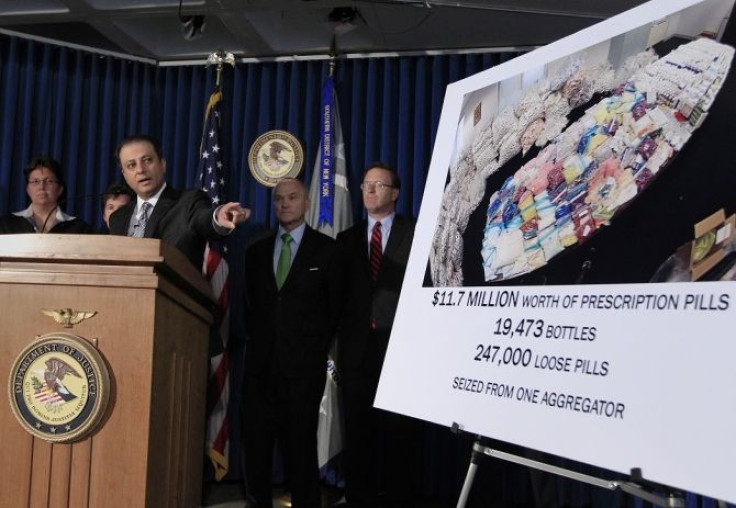48 Charged in Massive Medicaid Fraud Scheme Worth Hundreds of Millions of Dollars

U.S. officials have charged dozens of people on Tuesday with illegally reselling more than $100 million worth of HIV, schizophrenia and asthma medications as well as other drugs originally dispensed to Medicaid patients.
A total of 48 people were charged with running the massive fraud scheme which involved repackaging and selling prescription drugs bought on the street from recipients of Medicaid, the medical insurance program for the poor and disabled, according to Reuters.
Federal prosecutors and the Federal Bureau of Investigation said that Medicaid recipients in the New York City area, some of them AIDS patients, would immediately sell their monthly prescription drugs obtained at little or no cost for cash to people running the scheme.
Authorities say that the people involved in the scheme then altered the prescription containers to make them appear new and then sold the illegally obtained drugs via an underground distribution market to pharmacists who would then buy the drugs at a discounted price.
Manhattan U.S. Attorney Preet Bharara said no pharmacists or Medicaid recipients have been charged, noting that pharmacies have an "absolute duty" to not buy and sell second-hand drugs, which can sometimes be expired and dangerous to take, Reuters reported.
New York City Police Commissioner Raymond Kelly told reporters at a press conference that one case involved a Medicaid recipient in the New York borough of the Bronx who sold a $600 bottle of Kaletra, used to treat HIV, for $50 to the aggregators involved in the scheme.
"People with real ailments were induced to sell their medications on the cheap rather than take them as prescribed," head of New York FBI office Janice Fedarcyk said at the press conference.
The scheme, which is believed to have gone on for seven years, reportedly cost the government $108 million in the last 15 months, and may in total have amounted to as much as $500 million.
FBI spokesman Peter Donald said that authorities have arrested 35 people, including 16 in the New York area, 13 in Florida and two in Pennsylvania, and if convicted, the defendants, who range from 21 to 75 years old, could spend up to 20 years behind bars.



























